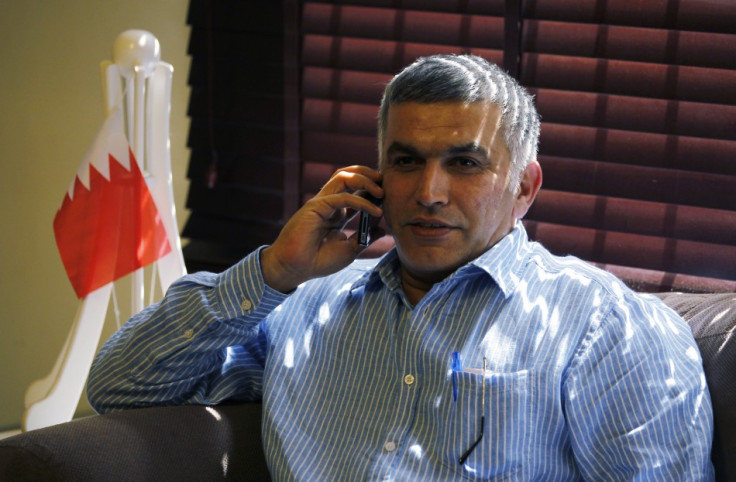Bahrain charges activist Nabeel Rajab for exposing alleged human rights abuse, US seeks his release
Rajab is believed to be facing fresh charges for writing a letter to NYT that was published on 4 September.
The US State Department has called on Bahrain to immediately release human rights activist Nabeel Rajab, who is being held in jail since 13 June on charges of "spreading false news and rumours about the internal situation in a bid to discredit Bahrain". Rajab is now believed to be facing fresh charges for writing a letter to The New York Times that was published on Sunday (4 September).
According to media reports, the Bahraini human rights campaigner was facing legal action for exposing alleged human rights abuse cases in his home country and for criticising the war in Yemen.
A spokesperson for the US State Department said that it was "very concerned" about Rajab's detention and charges filed against him in the middle-eastern country. "We call on the government of Bahrain to release him immediately. We have concerns about the state of human rights in general in Bahrain and we're engaging with the government ... on all these issues," spokesman Mark Toner said.
The letter by Rajab read: "I have been here before, from 2012 to 2014, in 2015, and now again, all because of my work as a human rights defender. Nor am I alone: There are some 4,000 political prisoners in Bahrain, which has the highest prison population per capita in the Middle East.
"This is a country that has subjected its people to imprisonment, torture and even death for daring to desire democracy."
Soon after the letter was published, Bahraini prosecutors reportedly filed fresh charges against an unnamed man – who activists believe is Rajab – for "publishing a column in a foreign newspaper in which he deliberately broadcast news, statements and false rumours that undermine the kingdom's prestige and stature".
Rajab also claimed that he was against the Yemen conflict and condemned the US for selling arms worth billions to Saudi Arabia.

In the letter, Rajab mentioned that the recent statements on Bahrain's human rights issues by the US were good "but unless the United States is willing to use its leverage, fine words have little effect". Through the column, Rajab also urged US President Barack Obama to resolve the Yemen conflict.
© Copyright IBTimes 2025. All rights reserved.





















